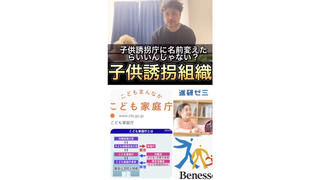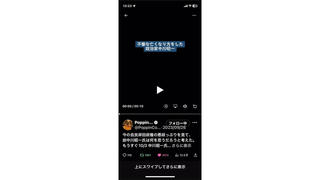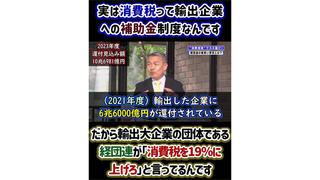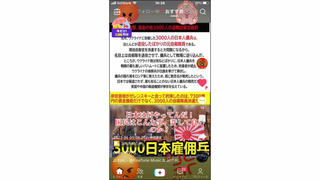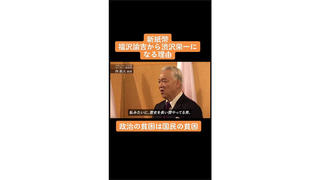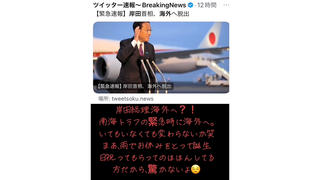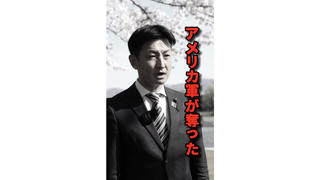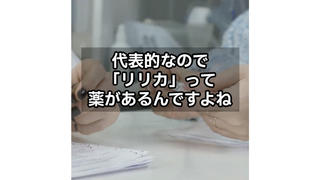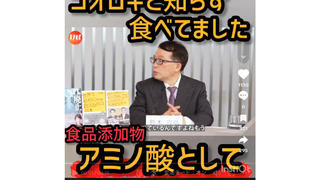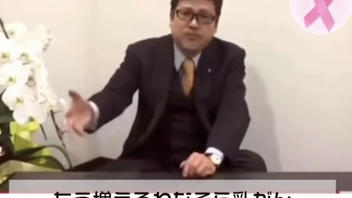
Is it true that the number of breast cancer patients is rapidly rising in Japan because the radiation in mammograms causes cancer? No, that's not true: Though there are risk factors involved with radiation injuries and radiation-induced breast cancer post-screening, the amount of radiation absorbed by the body in annual mammogram screenings poses minimal risk of developing into breast cancer.
The claim appeared in a video (archived here) on TikTok by user @user2426147161382 on February 15, 2024. In the video, Hiroshi Hosokawa (archived here), a former doctor, states that mammograms are banned everywhere except in Japan, which is why breast cancer rates in Japan are rising. He said (translated from Japanese to English by Lead Stories staff):
Mammography generates breast cancer ... I hate America but up until the Trump administration, doctors would lose their licenses if they provided mammography services to those under the age of 40. But in Japan, they hand them [mammographies] out to 20-year-olds like coupons! How much breast cancer are you [the government] spreading? I am firmly against this, and of course breast cancer rates will rise if they [the government] keep doing this. In the past ten years breast cancer rates have tripled; breast cancer was uncommon before.
This is what the post looked like on TikTok at the time of writing:
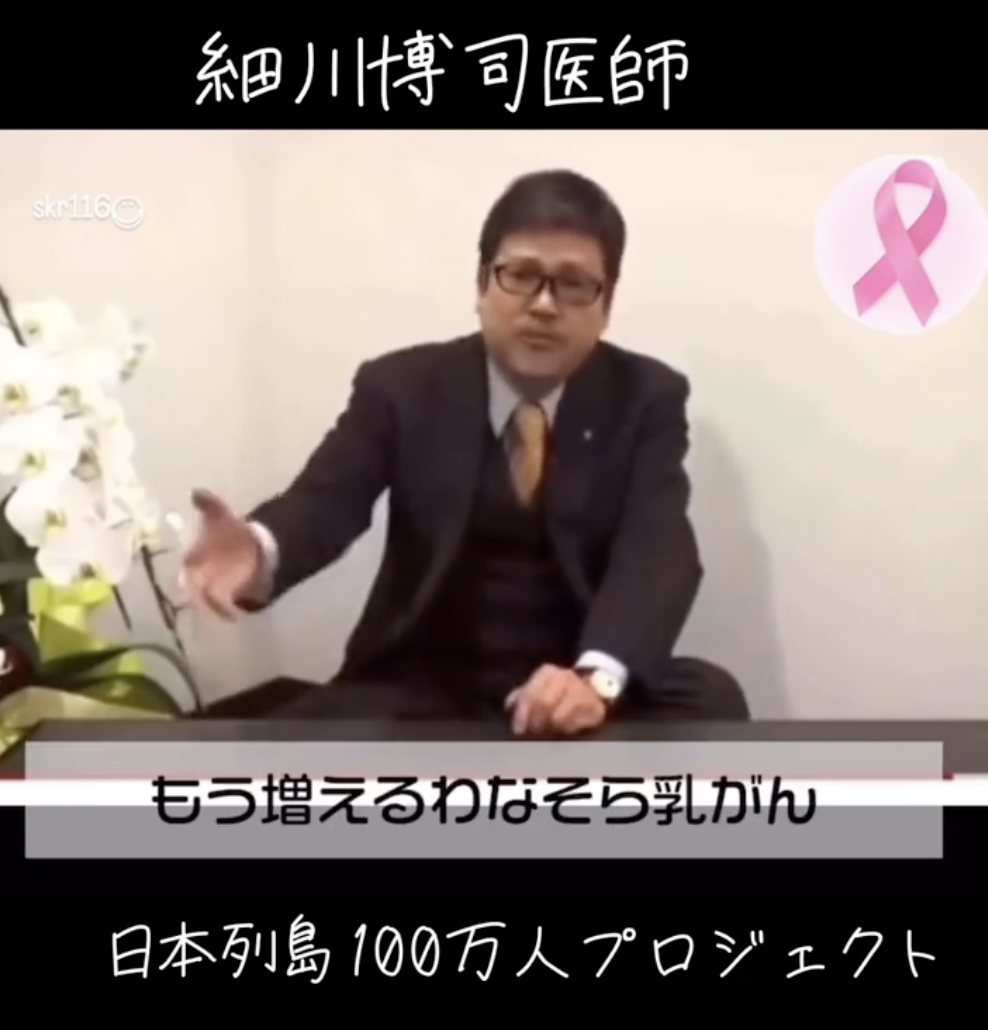
(Source: TikTok screenshot taken on Wed Mar 6 22:19:02 2024 UTC)
Mammograms are one form of screening used to detect breast cancer. The radiation generated by breast X-rays is far below the mandated upper limit (archived here), posing little risk of developing radiation-induced breast cancer. Although one of the risk factors for mammograms is the potential for radiation injuries (archived here and here), such injuries usually do not cause breast cancer, and early detection outweighs the risks (archived here) involved with annual mammograms for women aged 40 and above.
It is also not true that the Japanese government recommends mammography for women under 40, as both the Ministry of Health, Labour, and Welfare (archived here) and the Tokyo Metropolitan Government (archived here) state that you have to be 40 years of age and above to be qualified for regular mammography screening.


